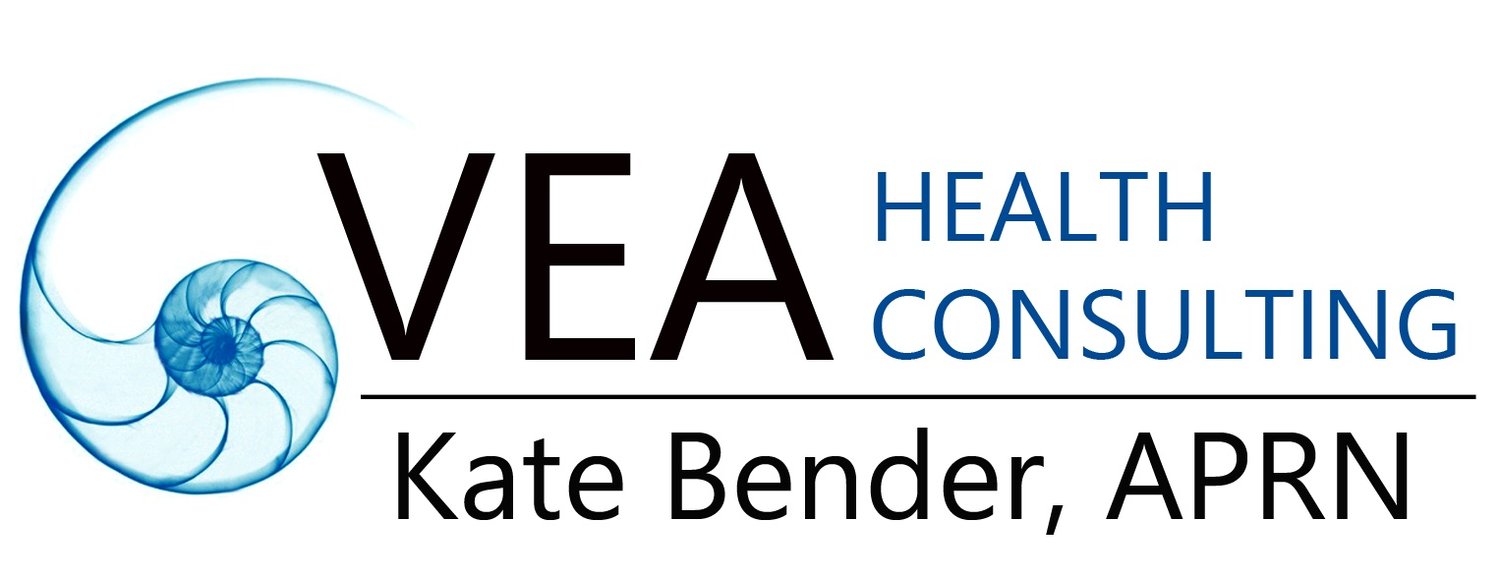Demystifying Menopause
Part 4: Treatment Options for Menopause Symptoms
To treat or not to treat, that is the question... Actually, the first question is how much are your menopause symptoms impacting your life? Most women experience symptoms. Eighty percent of women experience hot flashes. However, not all women have symptoms that require intervention. If the symptoms of menopause are impacting your life in a negative way and you want to do something about it, talk to your medical provider. Either your primary care provider or gynecologist should be able to order treatments to assist with menopause symptoms. But before you have an appointment to discuss your options, here’s some more information to empower you in the conversation.
Menopause Hormone Therapy (MHT, formerly known as HRT or hormone replacement therapy) is the term for using estrogen or combined estrogen-progestin therapy. Estrogen alone is used for women who have had a hysterectomy (removal of their uterus). Women that still have their uterus need combined estrogen-progestin therapy to avoid endometrial hyperplasia (enlargement of the lining of the uterus which can lead to cancer). MHT is very effective at treating menopause symptoms because it is replacing the hormones that have declined in your body due to advancing age. MHT was previously used to prevent heart disease and osteoporosis, but the Women’s Health Initiative showed increased risk of blood clots, strokes and breast cancer with hormone therapy. Is MHT right for you? That is a complex question which can only be determined after consulting a professional. In general, for women with bothersome menopause symptoms (especially hot flashes) under 60 years old with low risk of breast cancer, cardiovascular disease, or blood clots, the answer is yes for short term use.
Non-hormone prescription therapies include medications that may lessen hot flashes. These medications include low-dose selective serotonin reuptake inhibitors (SSRI antidepressants) which may also help emotional health. A seizure medication, Gabapentin, can be used for nighttime hot flashes. The blood pressure medication Clonidine may also be prescribed for hot flashes, but effectiveness is less clear.
Vaginal estrogen can be used instead of systemic estrogen to treat vaginal dryness. A smaller amount of hormone is used and is applied directly to the area being treated. This targeted treatment helps avoid vaginal atrophy which may contribute to urinary tract infections and painful sexual intercourse.
To treat vaginal dryness for sexual intercourse, use water-based moisturizers such as Astroglide® and KY liquid® which can be purchased over-the-counter.
Lifestyle changes to reduce risk factors for hot flash triggers such as smoking, caffeine, heat, stress, alcohol and spicy foods can help. Additionally, women who are overweight are shown to have more hot flashes than women within normal weight. It probably goes without saying, but weight loss can have many benefits to health.
Acupuncture has been associated with decreased hot flashes. A study by Avis et al. in 2016 showed a 36.7% frequency decrease in hot flashes for at least 6 months after a course of treatment with acupuncture.
Menopause treatment is a complex issue, and the right answer to treatment depends on the individual. Talk to your medical provider and ask questions. If you are not getting satisfactory answers, see a different provider, or consider working with a health advocate.
Kate Bender is a dual-certified Psychiatric Mental Health and Adult Nurse Practitioner. She knows, firsthand, life is messy and hard. Sometimes people need support and help from a professional. When working with Kate, your mental health will be compassionately addressed in a manner that honors your mind, body, and spirit. She lives with her family on the shoreline in Old Saybrook, Connecticut.
